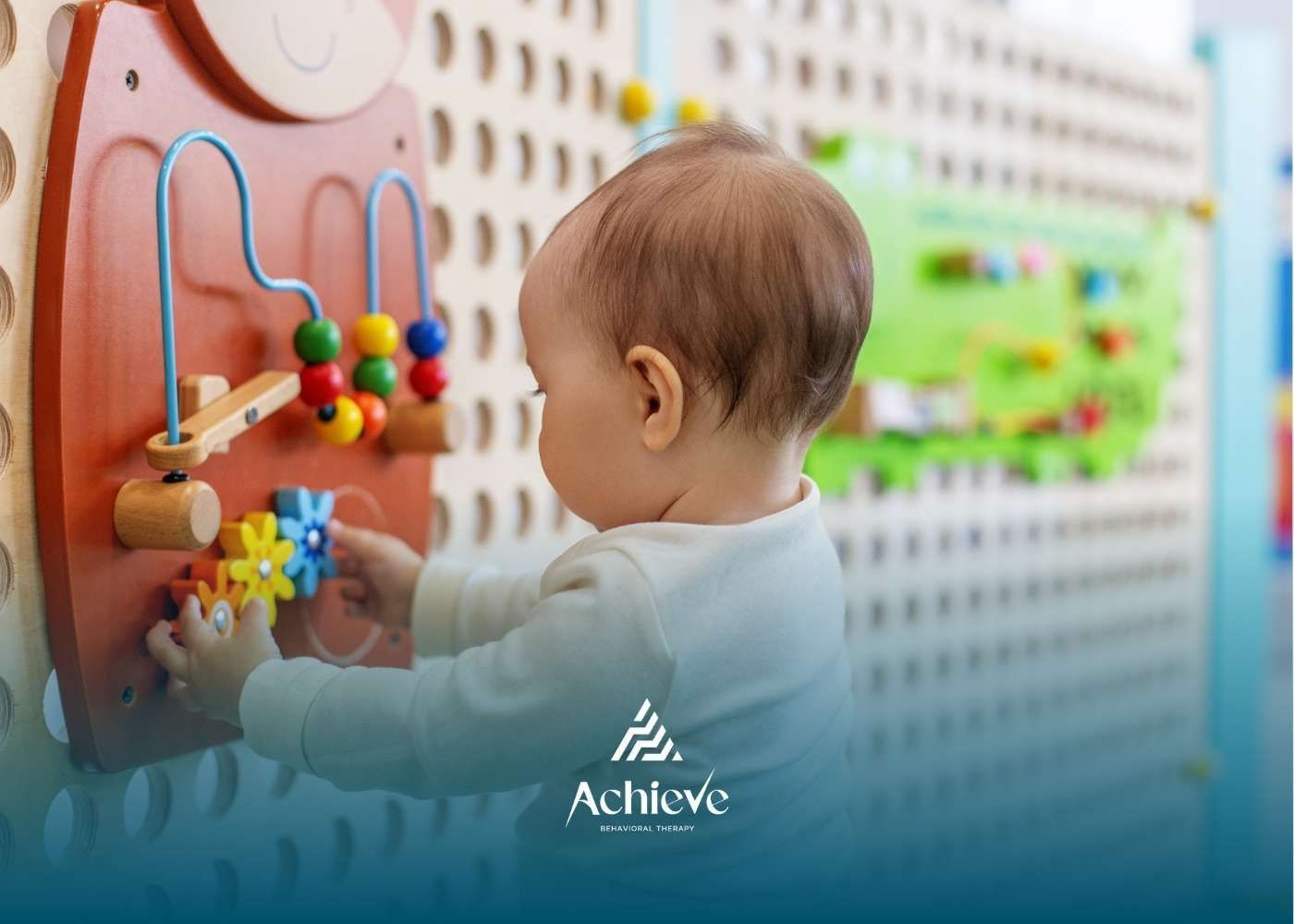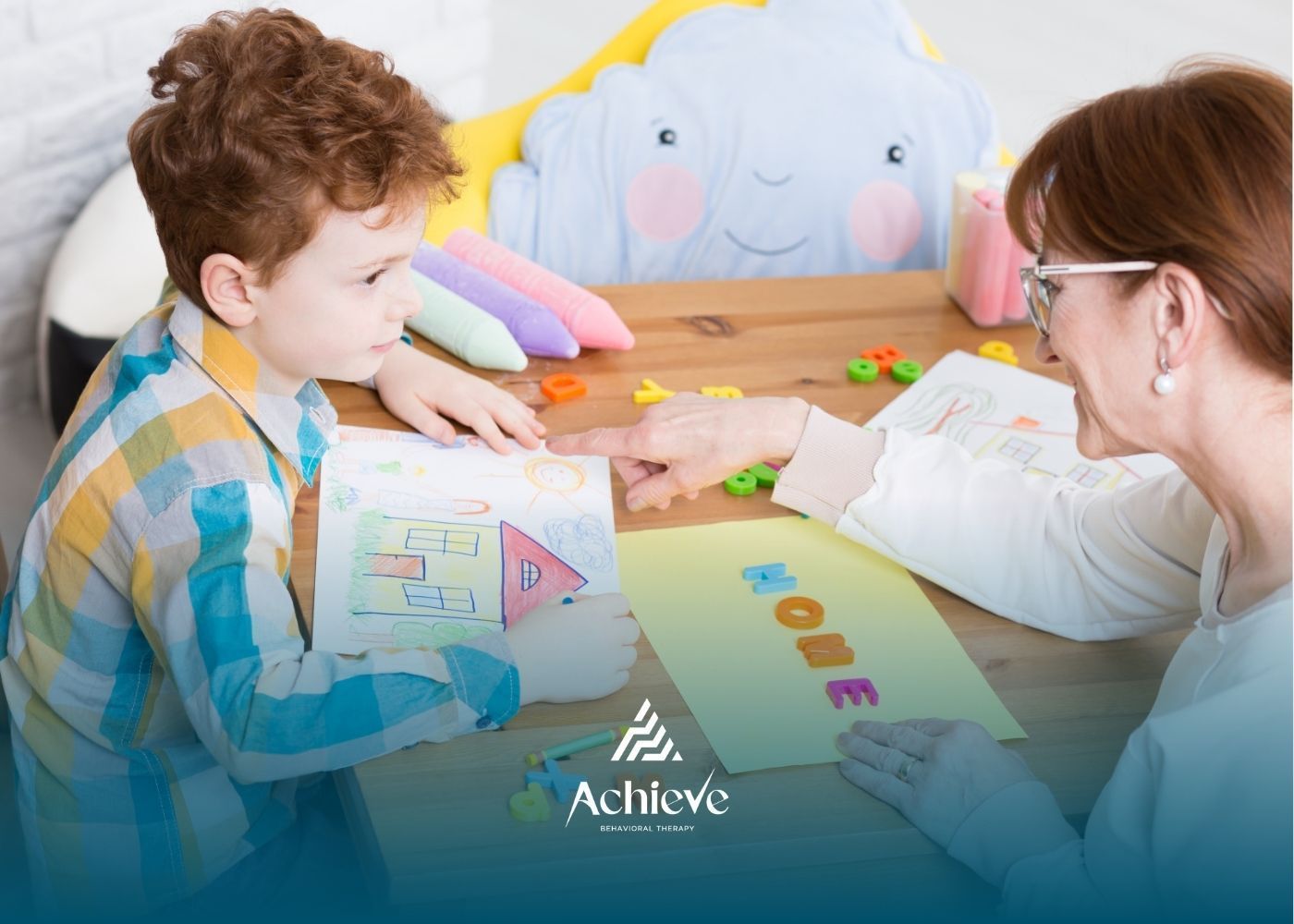How Families Can Make ABA Therapy a Positive, Empowering Experience for Their Child

Every family wants their child’s ABA therapy to feel encouraging, meaningful, and fun — not just another appointment on the calendar. The key is creating a partnership between families and therapists built on trust, consistency, and care. When everyone works together, ABA becomes so much more than therapy — it becomes a path to confidence and growth.
Creating a Supportive ABA Journey
Families are the heart of every successful Applied Behavior Analysis (ABA) program. Whether your child is just starting ABA therapy for autism or has been in sessions for a while, your involvement can make a huge difference.
Build a Team Mentality
The most positive ABA experiences happen when parents and therapists truly collaborate. Be open about what’s working at home, what’s challenging, and what motivates your child. A great ABA therapy team listens and adjusts goals to match your child’s unique needs and personality.
Make Learning Fun and Natural
Children learn best when they’re having fun. Great ABA therapists use play, songs, and daily routines to teach skills naturally. Families can keep that energy going at home — by celebrating small wins, practicing everyday skills, and turning challenges into learning moments.
Focus on Meaningful Goals
Every child’s progress looks different. Instead of focusing on charts or checklists, aim for goals that matter to your family — things like better communication, independence, or making friends. These are the moments that make ABA therapy truly rewarding.
Stay Consistent Across Settings
Skills grow stronger when practiced everywhere — not just during sessions. Families can help their child use new behaviors at home, school, and in the community. This consistency helps ABA progress feel more natural and lasting.
Choose a Provider Who Truly Cares
The right provider makes all the difference. Look for an ABA therapy provider who values family input, communicates clearly, and celebrates your child’s individuality. A supportive environment builds trust — and that’s when real progress happens.
At Achieve ABA, families are never just observers — we’re essential partners in the therapy process. Our experienced Board Certified Behavior Analysts (BCBAs) and therapists create customized plans that fit each child’s strengths, preferences, and family life.
We offer flexible, compassionate ABA therapy options, including:
- In-home ABA therapy — where children learn in the comfort of familiar surroundings
- School-based ABA therapy — supporting success in classrooms and peer settings
- Telehealth ABA therapy — for families who need flexibility without losing personal connection
We proudly serve families across New Jersey and North Carolina, offering compassionate care and proven results.
If you’re ready to make ABA a positive, family-centered experience, reach out to Achieve ABA today. Together, you can help your child grow with confidence, joy, and support every step of the way.
FAQs
How can families make ABA therapy more effective?
By staying involved! Communicate with your child’s therapist, reinforce skills at home, and celebrate small successes along the way.
What makes ABA therapy positive for kids?
When therapy feels fun, supportive, and built around what motivates the child. A positive ABA experience focuses on connection, not just correction.
Why is early intervention so important?
Early intervention for autism helps children develop communication, social, and learning skills during their most formative years, setting them up for lifelong success.
Sources:
- https://pmc.ncbi.nlm.nih.gov/articles/PMC7265021/
- https://bmcpsychology.biomedcentral.com/articles/10.1186/s40359-024-02045-5
- https://www.autismspeaks.org/sites/default/files/2018-08/
- https://pmc.ncbi.nlm.nih.gov/articles/PMC11017782/
- https://www.sciencedirect.com/science/article/abs/pii/S1750946724000643
Need Support?
We're Here to Help!
Our experienced team is ready to assist you. Reach out today to discuss how we can support your child's development and well-being.
Get started with expert ABA therapy today.












